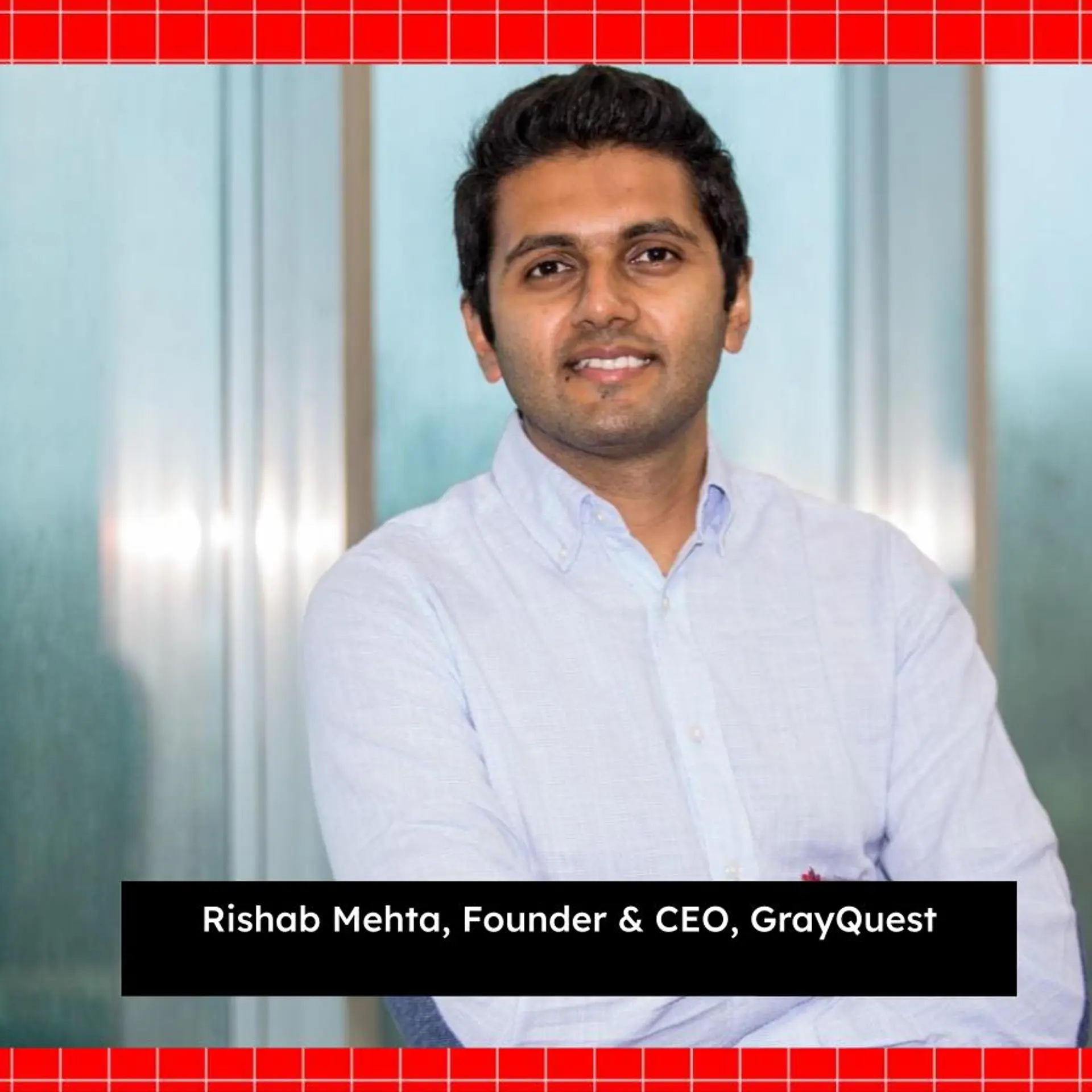From Energy Startup to Practiced Mentor: SELCO Incubation Centre

Despite India’s immense economic potential and the worldwide attention it’s attracted in recent years, the life of the Indian entrepreneur remains a difficult one. It is not for lack of creativity or intelligence, nor is it for a lack of hard work, that this BRIC country continues to struggle to maximize its entrepreneurial fervor. A recent Gallup Poll deduced that the business environment in India is unsuitable for entrepreneurs, pointing to everything from fear of failure to lack of government support and scarcity of capital. Among the list of problems, the surveyed Indians acknowledged a general lack of mentorship and training available to them from entrepreneurs who have made it in the field and are willing to share their experience and wisdom.SELCO Incubation Centre creates space for an alternative perspective. Founded by SELCO India and their strategic partner, Small Scale Sustainable Infrastructure Development Fund (S3IDF), SELCO Incubation Centre seeks to provide a nurturing environment for sustainable energy entrepreneurs during the early stages of their business development. This 12 month incubation process offers everything from classroom and on site training, to assistance in business plan development and financing. The goal of the program is to provide entrepreneurs with the mentorship that SELCO and so many other start-ups lacked during their early stages.
“We have traveled this 17 year long journey. We have seen ups and downs… we have learned many things, positive and negative,” stated Ashis Kumar Sahu, CEO of SELCO Incubation Centre. “So we said, okay, can we transfer this knowledge of whatever we have done… so that whatever SELCO has become in 17 years, can we do that in, you know, 5 years?”

SELCO India began in 1995 as the brainchild of Harish Hande, who sought to improve the lives of farmers in rural communities by giving them access to affordable electricity. By providing solar headlamps to rural silk farmers and flower pickers, both of whom do the majority of their work in the pre-dawn morning hours, he was able to free them from the more costly and dangerous kerosene lamps and to dramatically improve their efficiency. Since then SELCO has grown to specialize in solar lighting systems, water heating systems, and stoves, and is continuing to diversify its products to attend to the dynamic needs of its customers.
Though SELCO is a for profit enterprise, it has from its onset held on to the goal of negating three common assumptions regarding development: first, that poor people cannot afford sustainable technologies; second, that poor people cannot maintain sustainable technologies; third, that social ventures cannot be run as commercial entities. Over the course of its development, SELCO has succeeded in disproving these fallacies. It has established itself as a pioneer of Indian solar energy and has provided off the grid alternatives to over 120,000 households across India, an accomplishment that earned Harish Hande the Ramon Magsaysay Award in 2011. Now, with 17 years in the field under SELCO’s belt, its mission has expanded to include fostering a new breed of skilled entrepreneurs focused first and foremost on improving the lives of the disadvantaged by expanding access to electricity.
“There’s a huge number of people in the country and outside the country who do not have access to energy, forget clean energy. The grid will not be able to reach these people for many, many years, for many reasons, and it would be very inefficient for even the government to provide them [with electricity].”
With doubts over the sustainability of our current energy system growing every day, the market for clean alternatives draws increasingly more intrigue. Now, combined with a population in the wake of a recent blackout that left some 600 million without power, the stage for discussing off the grid energy sources like wind and solar seems never to have been more inviting. For entrepreneurs hoping to enter the field, there has never been a better time. “I don’t think there’s any doubt about the market potential,” posed Sahu.
If there’s nothing on the demand side holding entrepreneurs back from entering the market, we can assume that the lack of penetration results from some combination of the aforementioned characteristics of the Indian entrepreneurial setting. Indeed, Sahu pointed to issues ranging from inhibiting government policies and lack of infrastructure to difficulty in financing, all of which SELCO’s experience and connections in the field will help to circumvent. But a more fundamental challenge is finding entrepreneurs who are passionate about reaching underserved households, who understand the plights of these communities, and who are creative enough to find business strategies to address them.
SELCO understands that challenges exist. With the Incubation Centre, they have dedicated themselves to alleviating as much of the trial-and-error-induced headache that comes with starting a business from scratch, in order to expedite the growth process and in turn the development process. “What is different about SELCO [from other incubators] is that we are looking from the point of view of operations,” Sahu explained. “Here, we are an enterprise that has had some level of doing things on our own and are now looking to transfer that knowledge, technology – all the problems with the operations structure – to people who are willing to learn.”
So before you drop your business idea and succumb to a life of mediocrity, recognize that there are always exceptions to the norm. The path is not always easy, but all barriers can be broken down if pursued with enough vigor. And if your passion for innovation is matched by a passion to serve and to improve the livelihood of others, particularly by providing access to cheap, clean energy, than SELCO Incubation Centre could very well be the support system that will take your business to the next level.
Think SELCO Incubation Centre can help your business?







